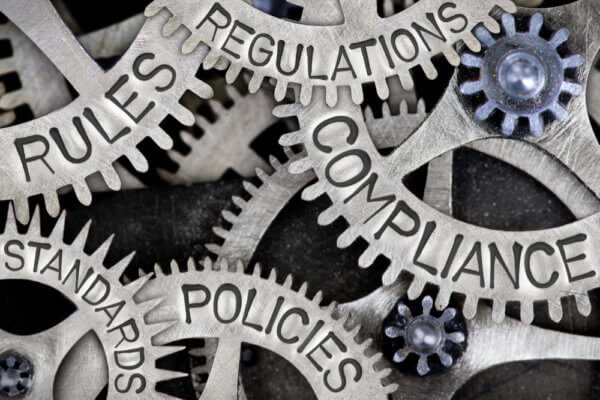Over the years, we’ve often discussed the implications of crypto regulation. The topic continues to be brought up as fraudulent activity within the crypto space grows at unprecedented rates.
Why Regulation Is Always Talked About
To this day, there are many out there that claim regulation is wrong for crypto. Despite the expansion of illicit activity, they don’t want regulation to take form as it could make the crypto space more like the traditional banking space, and the world of digital currency billed itself as being everything traditional finance wasn’t.
If there were prying eyes, third parties, and middlemen that had say in what could and couldn’t be done with your money in the arena of traditional money, crypto would not have any room for them. You could engage in transactions without having anyone know who you were or what you were up to. You could purchase as many assets as you wanted; there were no limits. You could spend assets as you pleased, and you could send them to whoever was on your contact list. No questions were asked, and no answers were expected.
But as time has gone on, the call for clear regulation has been getting louder. Some of the biggest industry heads feel that digital currency is prone to problems regulation could solve, and they think it’s time for the industry – which is now roughly 14 years of age – to change with the times and abandon some of its initial ideals. They say crypto needs to change and cooperate with financial agencies throughout the world so traders can be protected.
What does one do in a situation like this? Naturally, if regulation is not implemented, diehard fans of the space that have been around since the beginning will remain happy, though any newcomers worried about transparency and other issues may never step in, meaning the space isn’t likely to expand quickly. If regulation is implemented, it’s likely all those diehard fans will leave, and the lack of activity amongst those core actors could lead to repercussions for crypto down the line.
Try to Find the Middle Ground
The answer is not to shoot for one extreme or the other, but to try and find a calm medium that all can agree to. Naturally, everyone wants to know their money is safe, so perhaps limited regulation is a necessary maneuver.
The crypto arena doesn’t need to be as strict as the world of traditional banking, but it’s not like every exchange cannot implement the same know your customer (KYC) measures to ensure customers are who they say they are. There are firms out there that won’t even do that, and in this age, it can be argued that these companies are taking the initial notions of crypto a bit too far.



